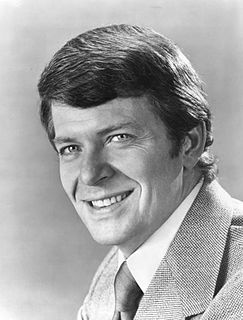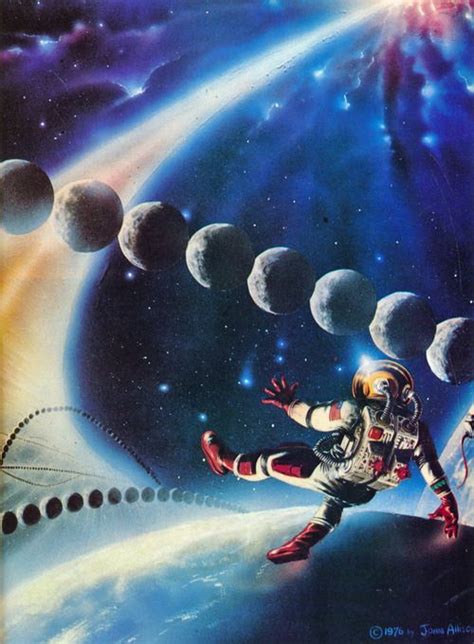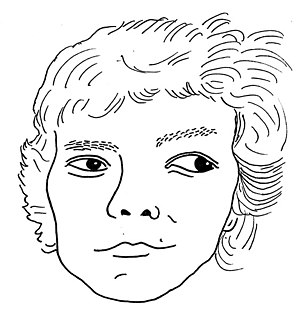A Quote by Robert Reed
Before I was reading science fiction, I read Hemingway. Farewell to Arms was my first adult novel that said not everything ends well. It was one of those times where reading has meant a great deal to me, in terms of my development - an insight came from that book.
Related Quotes
When I was thirteen, I was in a supermarket with my mother, and for no reason at all, I picked up a science-fiction book at the checkout stand and started reading it. I couldn't believe I was doing that, actually reading a book. And, man, it opened up a whole new thing. Reading became the sparkplug of my imagination.
I think it's a great thing to hear the author reading. I've listened to CDs of Cheever and Updike reading their stories and Hemingway. To hear what their voices were like is amazing. Whether they're reading well or not, it's great to listen to the intonation and the beat of the guy who wrote the story.
I was one of those kids who had books on them. Before weddings, Bar Mitzvahs, funerals and anything else where you're actually meant to not be reading, my family would frisk me and take the book away. If they didn't find it by this point in the procedure, I would be sitting over in that corner completely unnoticed just reading my book.
I was one those kids who had books on them. Before weddings, Bar Mitzvahs, funerals and anything else where you're actually meant to not be reading, my family would frisk me and take the book away. If they didn't find it by this point in the procedure, I would be sitting over in that corner completely unnoticed just reading my book.
In reading a novel, any novel, we have to know perfectly well that the whole thing is nonsense, and then, while reading, believe every word of it. Finally, when we're done with it, we may find - if it's a good novel - that we're a bit different from what we were before we read it, that we have changed a little... But it's very hard to say just what we learned, how we were changed.
I read continually and don't understand writers who say they don't read while working on a book. For a start, a book takes me about two years to write, so there's no way I am depriving myself of reading during that time. Another thing is that reading other writers is continually inspiring - reading great writers reminds you how hard you have to work.



































